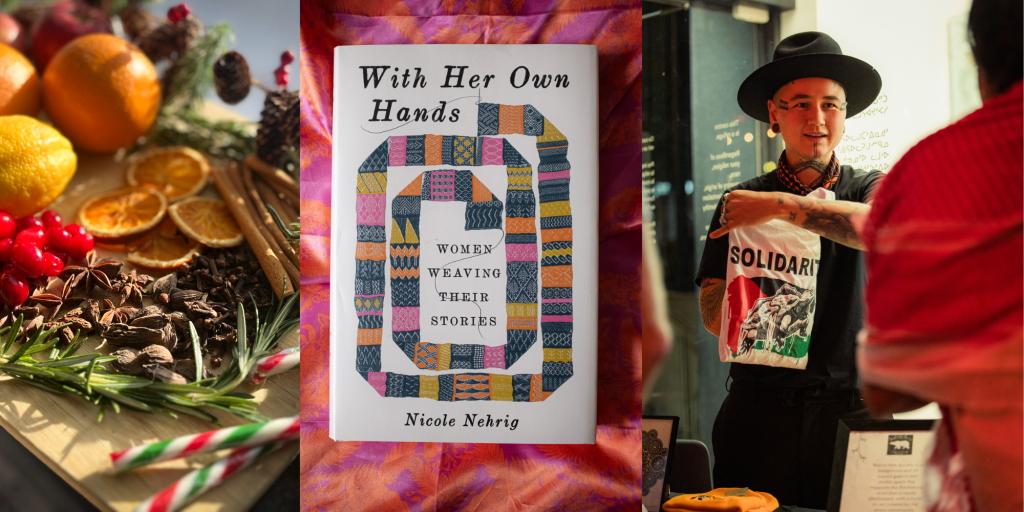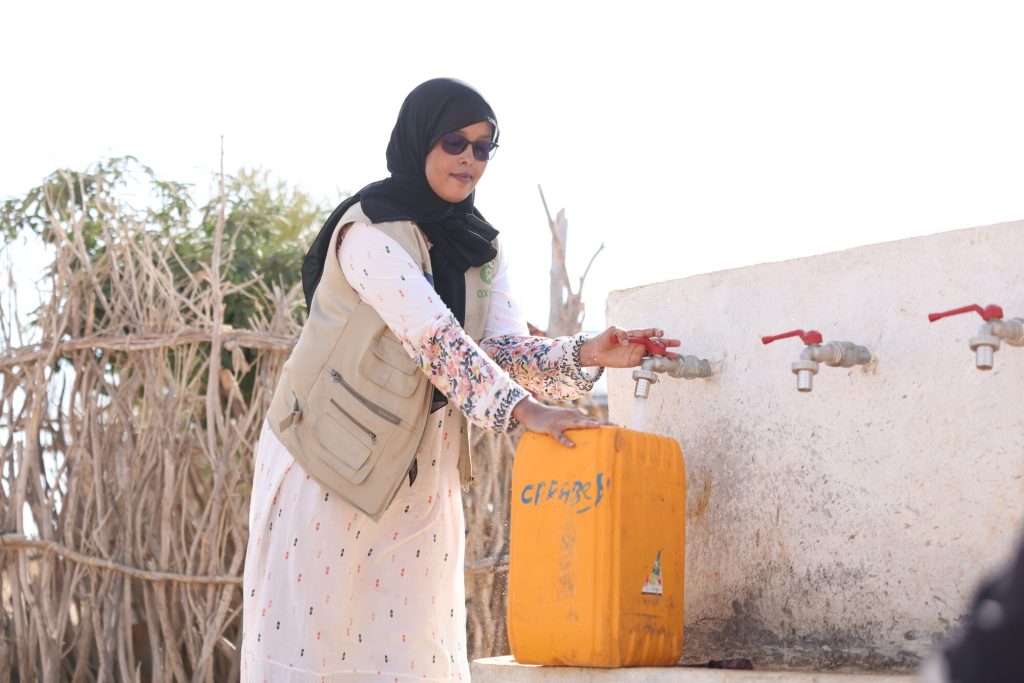From Camps to Classrooms: The Battle for Refugee Girls’ Education
It's impossible to miss Amer. She commands attention above most at over six feet tall - not just with her height, but with her sharp wit and unfiltered, cheeky opinions, delivered effortlessly to anyone within earshot.
But after a week spent alongside Amer, Oxfam's Gender Officer in South Sudan, it became apparent that her presence lies in her unwavering commitment to education for women and girls. Amer's passion isn't just professional. It's deeply personal. As a former refugee, she knows far too well the barriers facing girls who dream of learning in a country scarred by conflict and displacement.
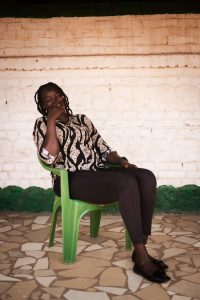
"My journey? It all started with a saucepan," she says with a laugh as we sit down after a long day of Geared For Success (GFS) project site visits in Wau, South Sudan. Amer spends a great deal of time on the road, meeting local Oxfam partners and offering training and guidance on integrating gender justice into education systems.
I look up from my notepad, confused – a saucepan?
"Girls in my community didn't go to school," she recalls. "My stepmother believed I should stay home to help with chores while my brothers attended class. But everything changed when a local school offered incentives for enrolling girls. They promised cooking utensils like saucepans to families who registered their daughters – and my stepmom wanted a saucepan. So, that saucepan became my ticket to education!"
Despite initial resistance, Amer's stepmother allowed her to attend school, albeit sporadically. "One day in school, two days at home - it was a constant push and pull. But I held on."
But soon after her first days of class, the sounds of children playing on the school grounds were replaced by the sounds of families frantically fleeing the region – war ravaged South Sudan for decades, forcing thousands to flee.
Along with her younger siblings, 11-year-old Amer fled to Kakuma Refugee camp in Kenya, which they called home for nearly a decade. She was able to continue her schooling within the refugee camp. In Kakuma, Amer met a humanitarian worker who provided psycho-social support. This woman influenced her to continue school. "I didn't even know her name, but I knew I wanted to be like her," Amer says. 'I wanted to push for women and girls' right to education.'
Amer eventually earned a degree in counselling psychology in Kenya and returned home to Juba, where she started her career working in the country's only gender-violence support hotline.
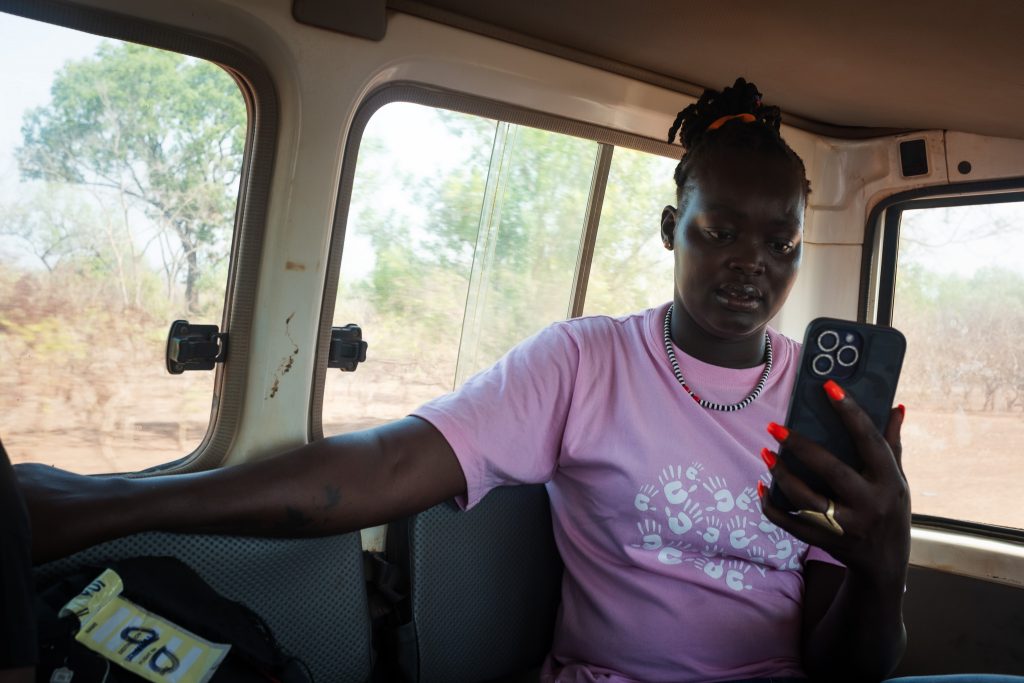
Amer's own experiences underscore the importance of this work. Married at 19, she survived an abusive relationship for seven years before becoming a single mother at 28. "When I left, I knew I had to rebuild my life," she says. Today, she uses her story to propel her gender justice work at Oxfam and inspire others, including her daughter.
"I tell her, 'You must be ten times better than me. I'm giving you the opportunities I didn't have so you can lift other girls in the future.'"
Advocating for girls' right to education in South Sudan is no easy task.
In South Sudan, approximately 99% of teachers are men, and most of the staff working in government-run schools are volunteers or severely underpaid. The lack of female teachers and mentors is one of the key barriers to refugee girls' education, which Oxfam and local partners are working on dismantling through the GFS project.
One of Amer's colleagues, Victoria Aol, Senior Education Coordinator, worked closely in designing the GFS project, which is implemented in South Sudan and Uganda, considering the various contexts and challenges women face within the country. Victoria shares the story of a female teacher who quit the profession after only two months of work to get married. After some investigating, Victoria and her team learned that the teacher's husband wasn't stopping her from continuing her work. Why wasn't she returning to teach?
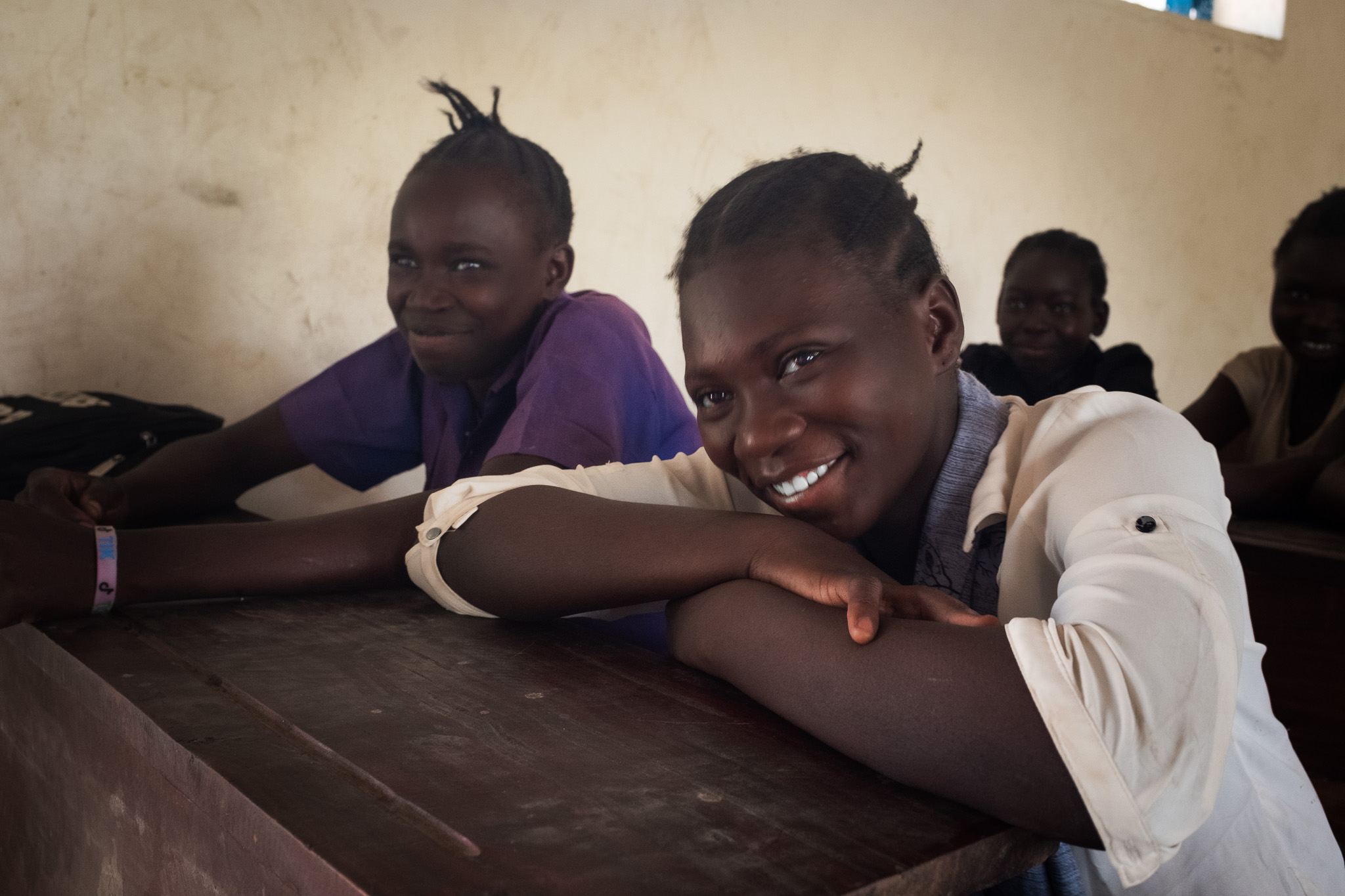
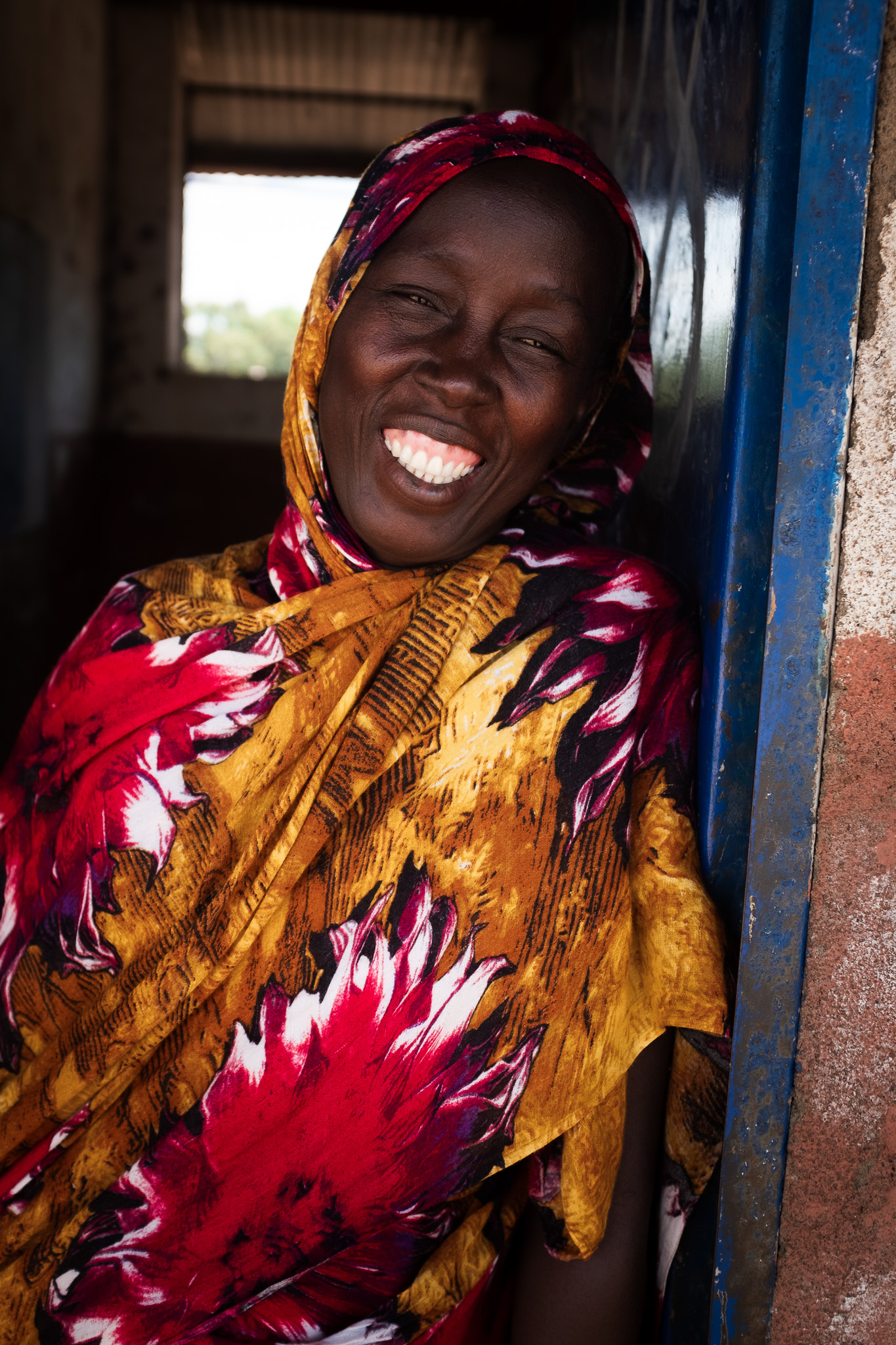
"We discovered that the distance from her home to school was too far; she had to walk 7 kilometres to get to the classroom," Victoria explains, adding how, just like for female students, the distance became a safety issue for a female teacher. "So, we transferred her to a school closer to her."
Much like Amer, Flora, one of the few female teachers we met during our visit, knows the hurdles that await female students and teachers in South Sudan very well. For example, she's witnessed many of her students and fellow teachers living through displacement, getting married or pregnant, pushing them to drop out of school.
But she remains determined to persevere. "Teaching is humanitarian work," Flora affirms. Just last year, two of her Grade 8 students fell pregnant and gave birth. However, they returned to class and continued their studies once they were able. They are now in high school.
"All of these students are like my children," says Flora, "I teach them; I share knowledge with them so they can be in charge of their lives."
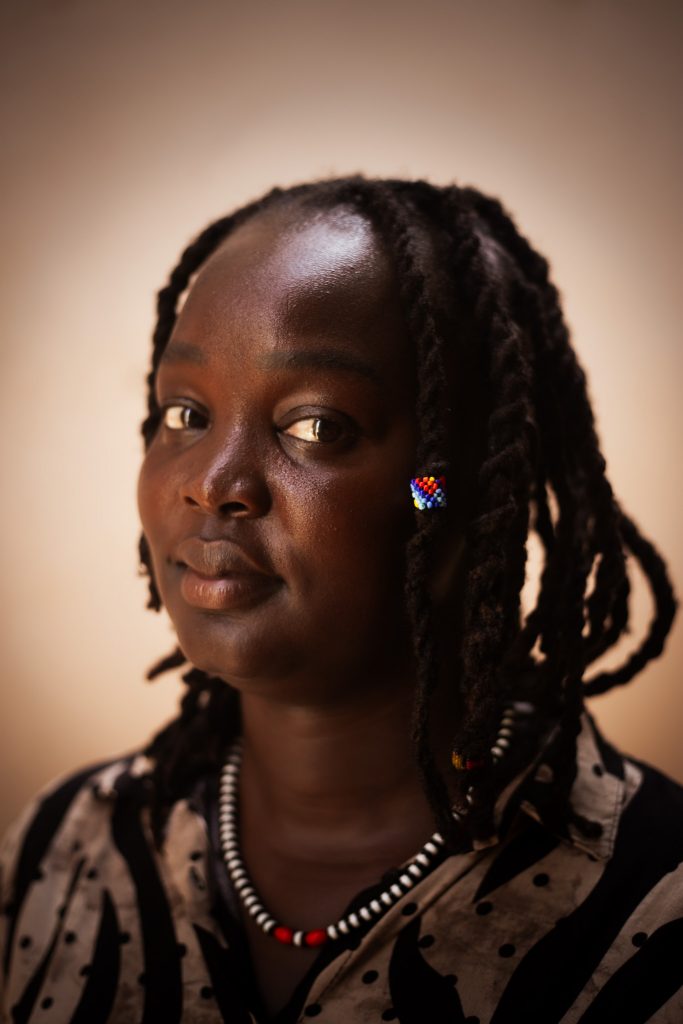 Since many refugee and returnee girls don't get the same educational opportunities as boys and young men, Geared for Success is providing access to education to 37,400 refugees, Internally Displaced Persons (IDPs), and host community children and youth in South Sudan and Uganda.
Since many refugee and returnee girls don't get the same educational opportunities as boys and young men, Geared for Success is providing access to education to 37,400 refugees, Internally Displaced Persons (IDPs), and host community children and youth in South Sudan and Uganda.
Girls who receive an education have more opportunities to reach their full potential. They live healthier lives, wait longer to start a family, usually have fewer children, and are more likely to ensure their children attend school.
Amer continues to be resilient and committed to this type of change, having already made a tangible impact. One of her mentees recently earned a university scholarship. "When I see these girls succeed, it fuels my hope. Education is not just about academics; it's about giving girls the tools to reclaim their futures."
And when the going gets tough?
"The challenges are immense, but so is the potential. When girls are educated, they're not just changing their own lives; they're transforming communities. That is why I do what I do."
Geared for Success is implemented by an innovative partnership between Oxfam Canada and War Child Canada and six community organizations supporting refugees and internally displaced people in South Sudan and Uganda. This project is undertaken with the financial support of the Government of Canada, provided through Global Affairs Canada, and the generous Canadian public.
